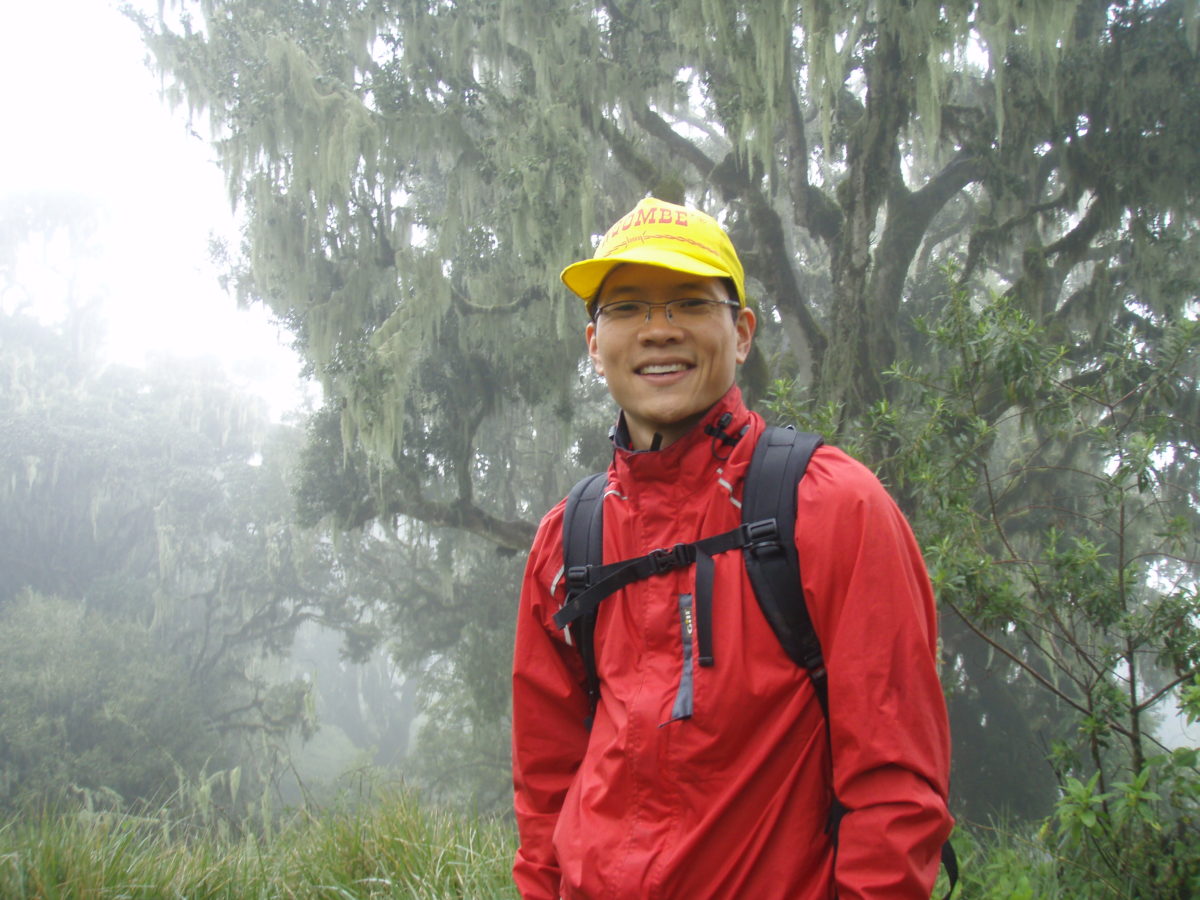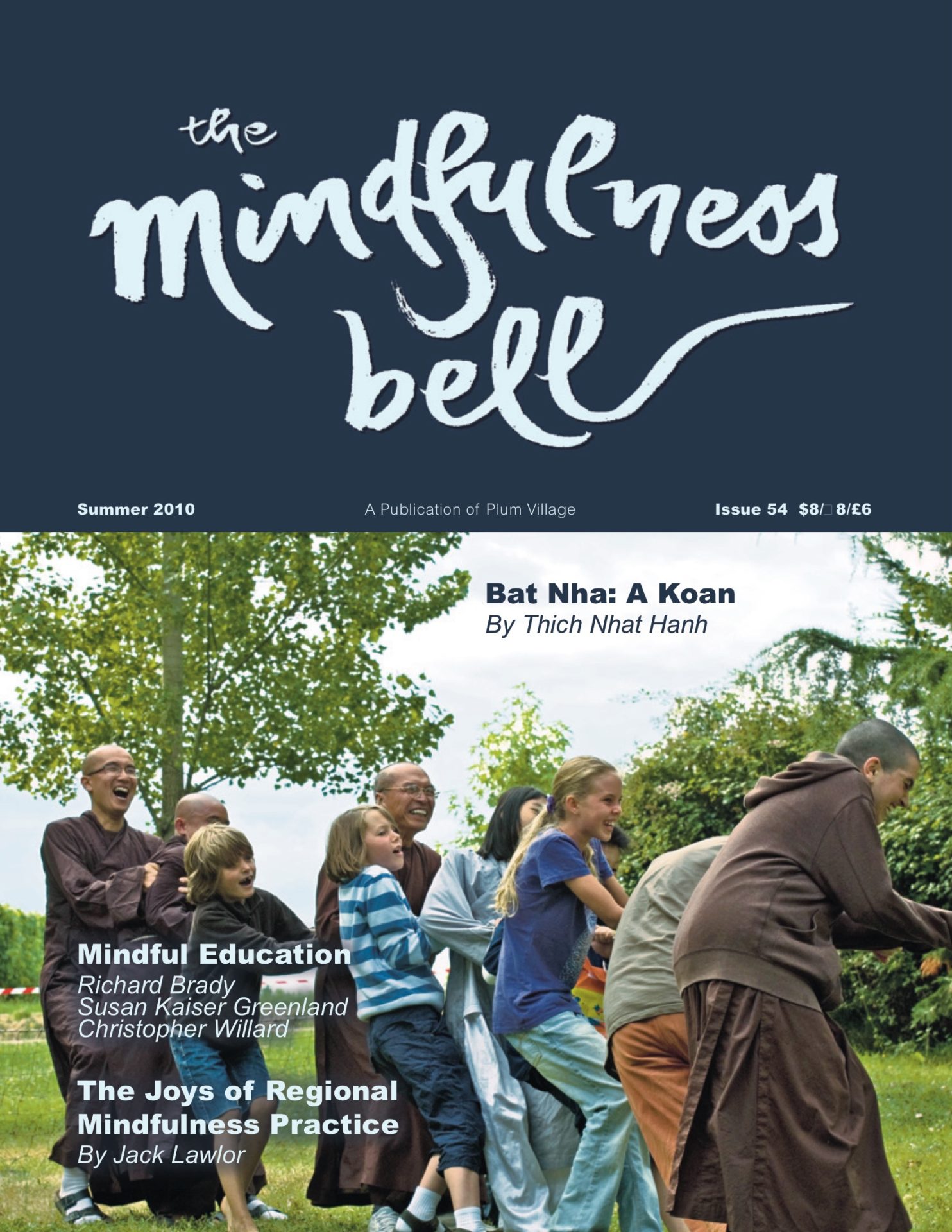By Young Whan Choi
My student is pregnant.
I know that Mary is not alone. She has much company among thousands of high school students in the United States who get pregnant before graduation. Still, when I heard the news from another teacher, I literally sucked in air. In my mind, I was screaming, “What?!” I can’t say that my mindfulness practice kicked in to help at that moment.
By Young Whan Choi
My student is pregnant.
I know that Mary is not alone. She has much company among thousands of high school students in the United States who get pregnant before graduation. Still, when I heard the news from another teacher, I literally sucked in air. In my mind, I was screaming, “What?!” I can’t say that my mindfulness practice kicked in to help at that moment. Or even later that night.
I went home feeling the compulsion to do something, to help Mary make the right decision. I looked for books on parenting and thought about how I could diplomatically give her a book. Now a senior, Mary had been my student during her 9th and 10th grade years. I was her academic advisor and supported her through an abusive relationship and a period when she nearly dropped out of school. I had developed a relationship with her family, including her mother, who had given birth to Mary at age fifteen. I felt close to Mary and invested in her future.
My mind was racing: “No, no, no. I don’t want her to repeat the struggles of her mother. I don’t want her to have to sacrifice her education. I don’t want her to keep the child because her boyfriend is pressuring her to. I don’t want her to fall into believing that her life only has meaning if she becomes a mother.”
In my mind, I searched for a teaching to support my view. I remembered reading a powerful passage of Thay’s about no-coming and no-going. He wrote about his mother having a miscarriage, and wondered if he was the child who had almost come out and instead decided to come back when the conditions were right. Could Mary’s decision to have an abortion mean that the conditions were not right? I grappled with this thought, knowing that it was also my practice to hold reverence for life. My mind felt cloudy, but even more, my heart lacked clarity. As a teacher, I have associated students’ success with graduating, going to college, and having a healthy sense of themselves. I did not want Mary to have this child because it would indicate my own failure. Quickly, it became my fault that I had not provided the right environment or support as a teacher.
Later that week, I caught up with Mary. She told me that she was pregnant and she cried. She wanted to have an abortion but was feeling a lot of pressure to keep the child. She told me that she would have the abortion even if her boyfriend left her. She emphasized that it was her decision. I gave her a hug. She went off to her math class.
Five days later, we met for lunch. I asked how she was feeling. “Much better,” came the reply. I was surprised and expectant. What had she decided? Had she finally broken free from the controlling demands of her boyfriend and stood up for herself?
She had decided to keep the baby. In that moment, I took a breath. I noticed that I had a desire to change her mind. She talked about the conversations she had with her aunt, her dad, her mother, her boyfriend’s sister. It was a blur. My mind searched for the right words to say, the words that would change her mind. If I could say the right words, I hoped, then she would have the strength to stand up for herself. I found myself so strongly wanting to say the right thing that I forgot to listen deeply.
I took another breath, bringing attention to my inhale and my exhale. I remembered to listen with my full attention.
A brief moment passed. In my attachment to fixing the situation, her words had whizzed past me like a flurry in a snowstorm; with a mindful breath, they were now drifting down, snowflake by snowflake. I heard her talk about how much she feared judgment. She had almost dropped out of school this week because she worried about how other students would judge her when they saw that she was pregnant. All of her conversations helped her to feel that she could be strong in herself regardless of what others said. She was going to finish high school and continue with her education even though she worried others would second-guess her decision to keep the baby. She felt happier, lighter now.
All of this was hard to accept. Even as Mary told me how she felt good and strong in her decision, I wanted to challenge her. My practice of mindfulness helped me recognize my attachment to outcomes. I acknowledged that I was desperate to convince her to reconsider. Each mindful breath brought awareness to my attachments and loosened their grip; my mind became unfettered, free, and open to insight. I became present for Mary.
I have no idea what will happen. Will Mary stick with her decision? Will she graduate from high school? Will she stay strong and fulfill her goal to graduate even as she starts to show her pregnancy? The questions also turn toward my own role. Did I say the right things? Did I advocate strongly enough? My mindfulness practice reminds me of the one thing that I did do. I listened.

Young Whan Choi, Radiant Forest of the Heart, has been an educator for twelve years in various locations, including Corea, NY, Providence, RI, and currently Oakland, CA. Young Whan practices with The Hellajust and Compassionate Sangha, a people of color Sangha in the Bay Area.

